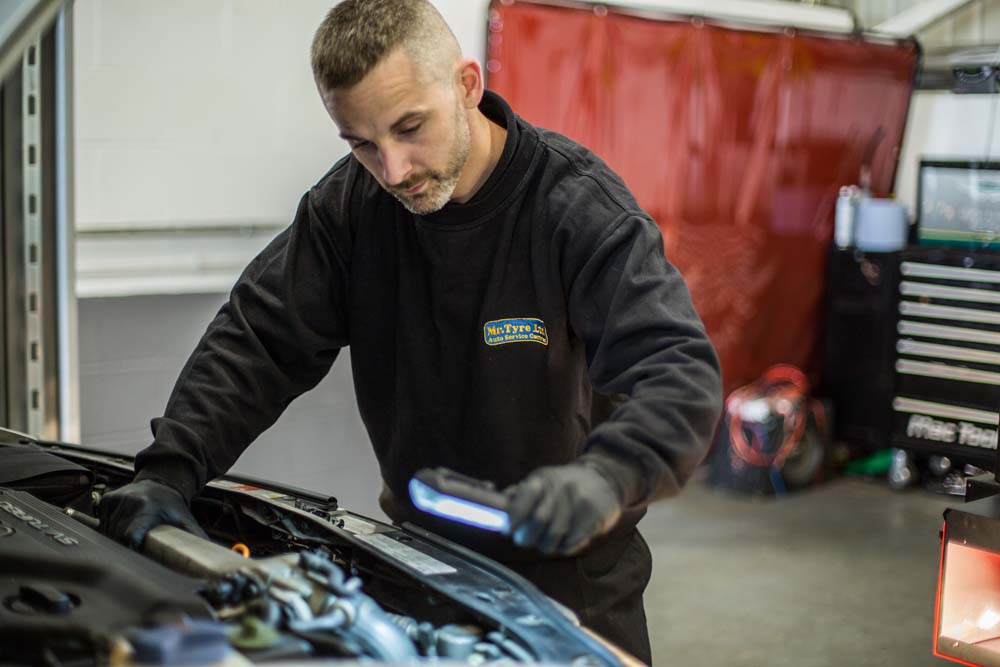What Causes Engine Pinking aka Knocking?
- Engine pinking is a knocking noise caused by overly high compression, uneven fuel ignition or faults with engine components
- Faulty spark plugs, wrong fuel, failing oxygen sensor, carbon deposits and overheating engine can cause engine knocking
- Continued engine knocking can damage the engine and should be looked at by a mechanic.

If you notice that your engine is making a knocking sound, you’re probably wondering (or worrying) what’s going on. Usually engine knocking occurs when the engine experiences overly high compression, uneven fuel ignition or faults with engine components.
In this article, we’ll explore what engine knocking is, what causes it and what you can do to stop your engine knocking.
What is engine pinking?
The industry term for engine knocking is engine pinking. It’s described as a knocking or ‘pinging’ sound, and you will usually hear it while you’re driving.
What causes engine knocking?
The smooth running of an engine depends on even and regulated burning of fuel, which is a result of a proper balance of fuel and air in the engine.
Usually, fuel will burn in small ‘pockets’ that ignite one after another. Engine knocking results when these pockets do not ignite in the proper way.
The main causes of this improper burning, resulting in engine pinking, can include:
- Faulty spark plug: All parts of your car will eventually tire with time. This includes the spark plug, a component which is responsible for the ignition of the fuel in your tank. If this spark plug is faulty, then it can result in incorrect sparking of the fuel/air mixture, leading to premature detonation and the telltale knocking sound.
- The wrong fuel: You need to make sure you’re using the right fuel for your type of engine. If your fuel has an octane content that is too low for the engine, it might mean your engine can withstand less compression before igniting, detonating early and making a knocking sound. Always check your user manual to ensure you’re using the right type of fuel for your vehicle.
- Failing oxygen sensor: To achieve the right balance of fuel and air, your oxygen sensor has a part to play in regulating air flow. So if it’s faulty, this can lead to improper detonation and knocking.
- Build up of carbon deposits: Any deposit buildup in the engine can result in less space for the fuel and air mixture, boosting compression and the likelihood of knocking.
- Overheating engine: An overly hot engine can result in knocking, and in these cases, the coolant system could be the issue, so get this checked out.
There are many more things that can cause engine knocking or pinking. The best way to establish the cause is to get your engine diagnosed by a professional.
Is pinking bad for the engine?
Knocking or pinking is not only an irritating noise to put up with, but over time will also cause damage to interior components of your engine if left unchecked – potentially leading to engine failures or blow-outs.
How do I stop my engine from pinking?
Because there is such a variety of potential causes for engine knocking, the first thing you need to do is get a professional to investigate the exact reason.
If after reading this article you are not convinced that your engine is making a pinking noise, you might want to explore other strange car noises and what might be causing them.
Here at Mr Tyre, we have over 50 years’ experience as Central England’s leading chain of autocentres, and we’re able to assess and diagnose car noises. From this, we can suggest potential solutions – whether that’s a replacement spark plug or a recommendation for a repair.
Established in 1971, we’ve become the trusted mechanics for locations across Central England. Our services include diagnostics, MOTs, replacement parts and tyre replacement.
To get to the bottom of your engine knocking problem, simply get in touch today.

